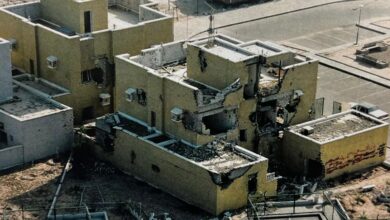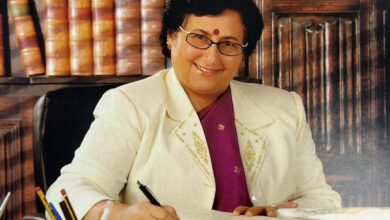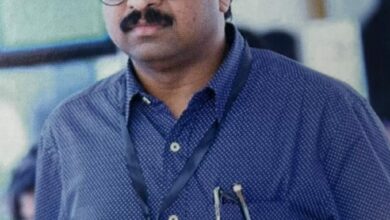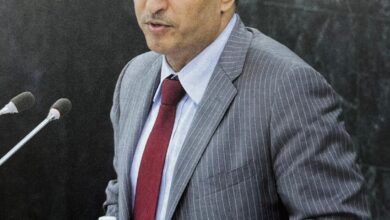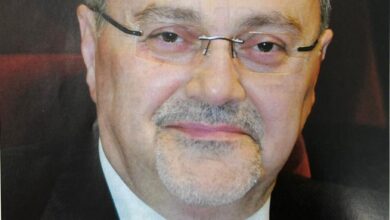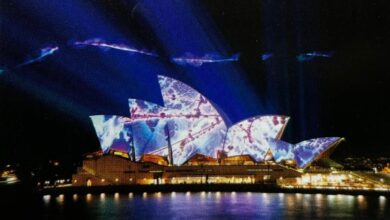Modern Kuwait
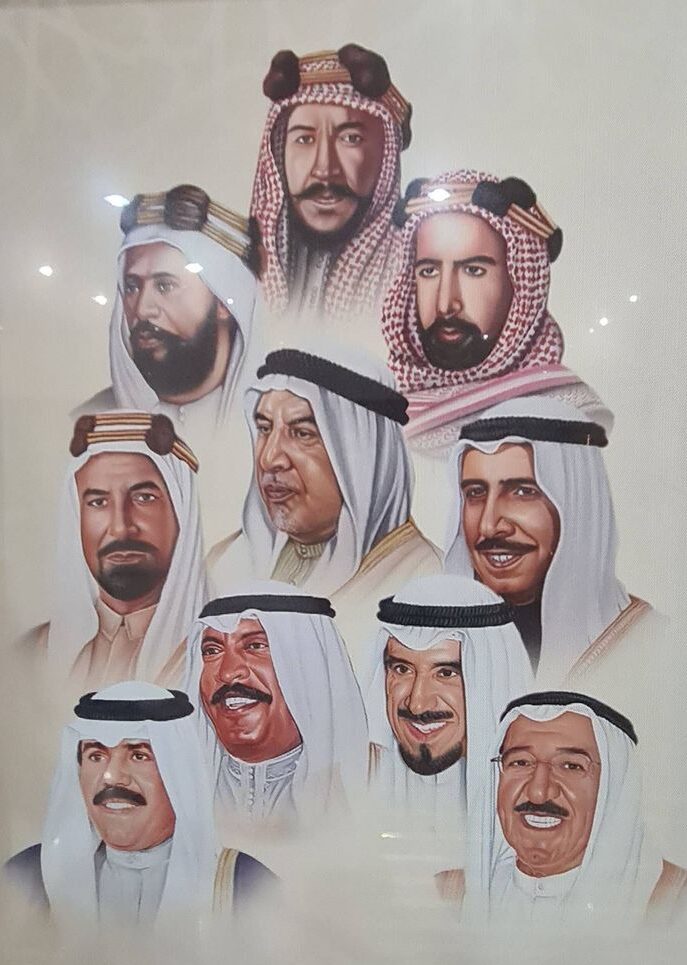
End of World War II in 1945 led to unprecedented changes around the world in social, economic and political arenas. In the Fifties, across Asia, Africa and elsewhere the political field was rife with liberation movements calling for freedom and independence from colonial powers. Decolonization which began during this period and continued throughout the 1960s saw the emergence of many new nations across the globe.
Kuwait was no exception to this international trend and on 19 June, 1961, Kuwaiti Amir, Sheikh Abdullah Al-Salem Al-Mubarak Al-Sabah and the resident British diplomat signed an agreement that granted Kuwait full independence.
The new accord rescinded Kuwait’s protectorate status with Britain, which had been in place since 1899, and replaced it with an agreement of friendship.
By the end of 1962, the Kuwaiti constitution was established and the first election to the National Assembly was held soon after. Subsequently, Kuwait joined the comity of nations, by becoming a member of the Arab League and the United Nations, and soon began its journey to a modern developed country.
This triumphant march to growth, development and prosperity for the country and people was guided by the wise leadership of the country’s rulers.
Here we look at some of the achievements made during more than five decades of independence under different amirs.
Sheikh Abdullah Al-Salem Al-Mubarak Al-Sabah
(1950 -1965)
During Sheikh Abdullah’s reign, oil production boomed in Kuwait as did its prosperity and the country witnessed a spree of construction projects.
At the heart of Sheikh Abdullah’s policies, lay the determination to ensure the welfare of Kuwait and its people. While his predecessors had maintained Kuwait’s international and political position, Sheikh Abdullah Al-Salem Al-Sabah established the country’s pillars of authority by founding the legal and constitutional institutions that enhanced its independence and further promoted democracy and progress.
During his reign, free education became possible for all. Schools were furnished with modern equipment and labs, and meals and uniforms were provided. Furthermore, teaching colleges and institutes for the differently-abled were also established. Citizens and residents were given free healthcare. Pharmacies, centers for maternity and infant healthcare and the Al-Sabah hospital were set up. Kuwait’s largest desalination station and a power plant were constructed. Low-income housing was built and pensions were provided for widows, orphans and the elderly.
Following independence and joining of the Arab League and the United Nations, Kuwait was at the forefront of Arab causes and took an active role in the social and economic development of Arab countries, as well as other developing nations in Asia and Africa.
During Sheikh Abdullah’s reign, the first cabinet was formed. After independence general elections were held to choose 20 members to form the Constituent Assembly that drafted the Constitution. In January 1963, elections were held to choose the first National Assembly after Independence.
Many assemblies have since followed, and the democratic legacy of Sheikh Abdullah Al-Salem continues unabated to this day.
Sheikh Sabah Al-Salem Al-Mubarak Al-Sabah
(1965-1977)
Following in the footsteps of his ancestors, Sheikh Sabah Al-Salem helped Kuwait continue to grow in all fields, including science, health, housing and economics. Prior to his ascension, he served as the president of the police department from 1953 to 1959, President of the public health department from 1959 to 1961, Deputy Prime Minister and Minister of Foreign Affairs from 1962 to 1963, and Prime Minister from 1963 to 1965. He was appointed as Crown Prince on October 29,
1962. Sheikh Sabah Al-Salem established many schools and the University of Kuwait, as well as a number of hospitals. He also laid the foundations for many national industries, that helped ensure manufacturing base in the country. In addition, he was greatly concerned with the provision of housing, particularly for low-income and less-privileged families.
Sheikh Jaber Al- Ahmad Al-Jaber Al-Sabah
(1977- 2006)
Sheikh Jaber came to power on December 31, 1977. He led the country wisely, using his experience in financial matters to benefit his country especially on matters regarding the organization of Kuwait’s internal and external financial affairs. Effective foreign relations made him able to best serve the interests of Arab and Islamic nations.
Sheikh Jaber was a strong advocate of Arab unity and fully supported political and economic powers in the Gulf and the Arabian Peninsula. He played an important role in the establishment of the Gulf Cooperation Council, and the first historic summit of the organization was held in the United Arab Emirates in 1981.
The Fifth Islamic Conference, which was held in Kuwait under the patronage of Sheikh Jaber in 1987 saw the amir elected as Chairman of the Conference. During his tenure, he contributed greatly to the strength of the organization by promoting its work and ambitions at the international level. He also drew up many of the rules upon which it is established.
In 1990, following the Iraqi invasion and occupation of Kuwait, Sheikh aber worked closely with fellow Arab countries and other allies to ensure Kuwait’s libration from its aggressors.
After the liberation of Kuwait, Sheikh Jaber led the efforts to reconstruct the country and remove the physical and mental scars of the invasion from Kuwait and its people. In this, he was remarkably successful and the regeneration of Kuwait began after a relatively short time and surprising many in the international community who had predicted a long and arduous come back, especially given the torching of over 700 oil wells which were seen as the country’s main source of income.
Sheikh Saad Al-Abdullah Al-Salem Al-Sabah
(15 -29 January, 2006)
Ailing health prevented Sheikh Saad from continuing his duties as Amir and after a few days in office he abdicated his authority in favor of Sheikh Sabah and continued as Father Amir. But during his more than four decades of service to the nation in different roles, Sheikh Saad was a formidable force in creating a secure, safe Kuwait, one that upheld the rights of citizens especially during his time as Minister of interior. Sheikh Saad became the Crown Prince in 1978 and in terms of foreign affairs, contributed greatly to the establishment of the GCC. On the domestic front, he promoted the social and economic development of the country, ensuring that Kuwaiti society was amongst the most advanced in the world.
Sheikh Saad played a major role in liberating Kuwait from Saddam Hussein’s regime, and was therefore a popular and much loved figure among all Kuwaitis. Although he had to face many his ancestors, problems as a result of the aggressive invasion of Kuwait, he always performed his roles as CrownPrince and Prime Minister effectively and with a genuine desire for the welfare of the Kuwaiti people.
Sheikh Sabah Al-Ahmed Al-Jaber Al-Sabah
(January 2006)
His Highness Sheikh Sabah Al Ahmad was unanimously proclaimed as Amir of the State of Kuwait on 29 January, 2009. Prior to this he was the Prime Minister from 13 July, 2003 and before that he held the post of Foreign Minister for over four decades.
Since his appointment as Foreign Minister on 28 January, 1963, for around forty years, His Highness’s name and image have been inextricably linked to that of the Ministry of Foreign Affairs. Although he has occupied a number of other positions, it is for his work at the Ministry of Foreign Affairs and his considerable experience in the field of foreign policy and diplomacy that he is most renowned for.
In his first speech before the United Nations as head of Kuwait’s delegation His Highness expressed Kuwait’s aims as a responsible member of the world body. He stated: “Kuwait’s participation in international activities clearly indicates that our independence and our membership of the UN are not an end by themselves, but are rather a means by which Kuwait can share responsibility in improving the lives of the people in our country and in other countries.” His Highness believes strongly in tolerance, diversity and the necessity of cultural integration, not cultural conflict.
His Highness Sabah Al Ahmad was instrumental in obtaining international support for Kuwait after it was aggressively invaded, which resulted in the Security Council issuing decision N 678 on 29 November, 1990.
Despite the challenges he has faced, His Highness has proved time and time again his immense ability in the twin fields of Kuwait’s Domestic and Foreign Affairs.








